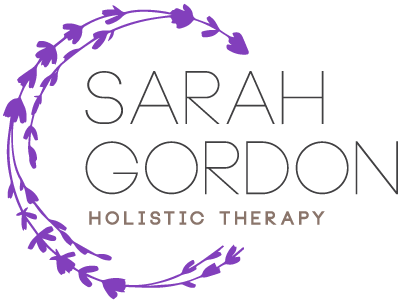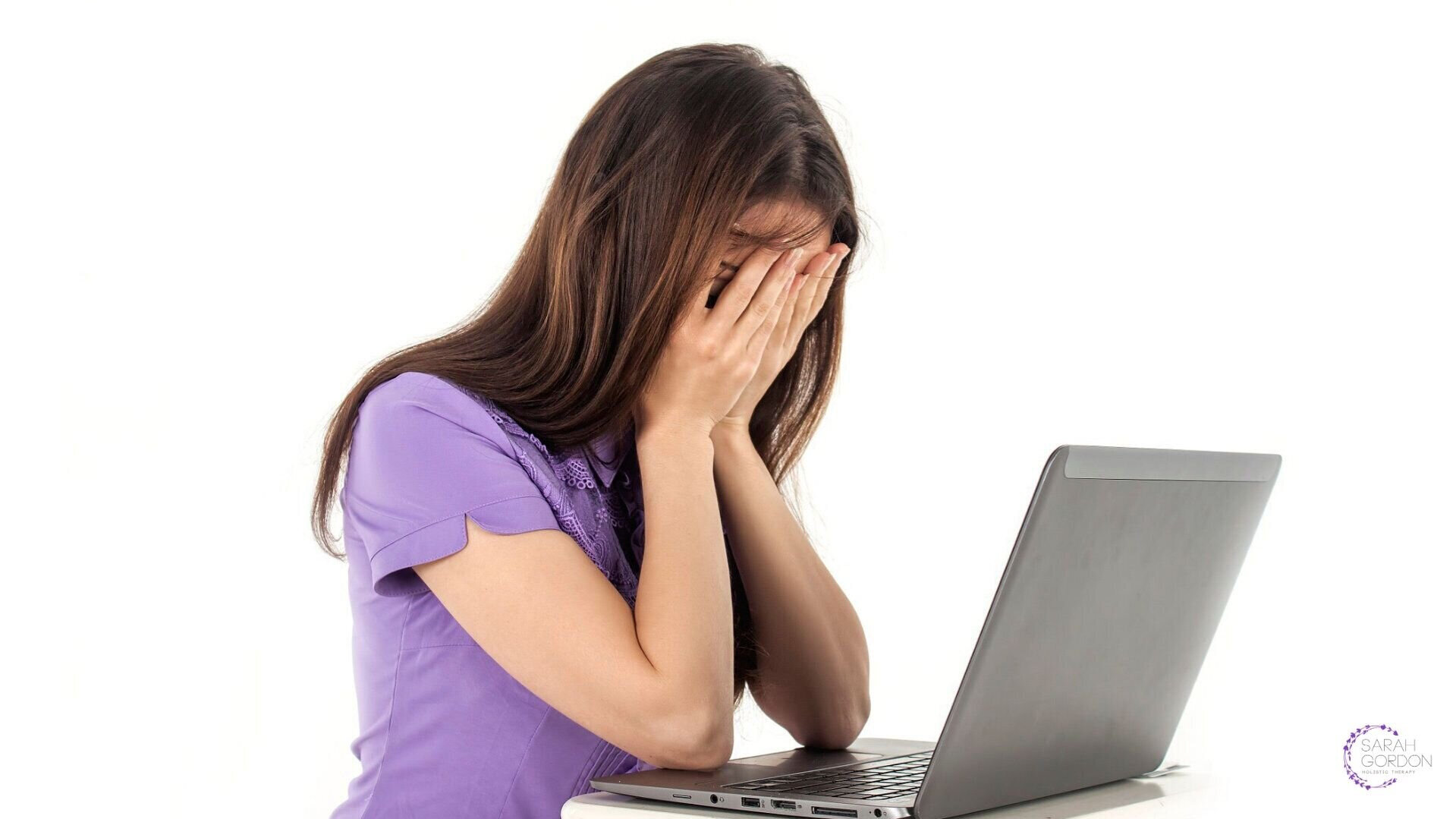Feeling stressed, anxious and overwhelmed are common daily experiences in today’s busy 24/7 society. A 2018 study by the Mental Health Foundation found that 74% of people felt so stressed during the previous year they were unable to cope. Therefore, it is essential for your long-term health to prioritise personal well-being and find ways to increase your resilience to stress.
So, what is stress and its effects? How is it triggered and can it be alleviated? Read on to gain insight into this modern health challenge caused by the “always-busy” trend. Learn simple techniques to include in everyday life that promote inner positivity and peace.
What is stress and how is it triggered?
Stress is the body’s reaction to feeling fear or pressure. These reactions are activated by changes in our circumstances that threaten or challenge our physical and psychological well-being. This causes our built-in stress response to kick into action.
It’s not all bad though. Eustress (beneficial stress) is a positive response that helps you take care of yourself, motivating and driving you forward, enhancing your performance. This relates to situations which feel stressful but manageable despite the challenge.
In short bursts, stress gives you energy to get things done. However, too much stress over longer periods affects your health and well-being negatively. This can lead to undesirable conditions including obesity, diabetes, heart disease, stroke, anxiety and depression.
The Body’s Stress Response
Often the cause of stress is out of your control and in the hands of something or someone else. However, your own internal thoughts and feelings (fears, worrying about future events) and habitual behaviours (overscheduling, procrastination) can create your own internal source. It’s also interesting to note that the response can be the result of both real and imaginary threats.
When the body is exposed to a demanding stimulus the nervous and endocrine system take charge enabling the body to protect itself. Thus, preparing you to fight or flee (“Fight-or-Flight” Response – Acute Stress). This provokes a series of physiological changes that disrupt some bodily functions whilst supercharging others.
This response evolved as a survival mechanism enabling us to react quickly to life-threatening situations. Modern life, however, presents very different challenges to when we lived in caves. We are constantly confronted with financial worry, work pressure, family responsibilities, trauma and health issues triggering our automatic stress response on a regular and prolonged basis.
Stress Signals
Stress affects us emotionally and physically. We all respond in our own way as our perceptions of challenging events and our capacity to adapt to them will vary. Health issues start to manifest when you disregard the signs that your stress levels are rising. You ignore frequent headaches, muscle tension, sleep and digestive problems. You feel tearful, overburdened, anxious and depressed. You are irritable and restless, avoid friends and certain situations or find it difficult to concentrate and make decisions. When we feel this way changes in our behaviour often occur. Comfort eating, excessive alcohol consumption and not enough sleep or exercise are frequent responses to stress. However, this type of behaviour increases the negative effects on your health. Any of this sound familiar?
10 Tips for a Calmer You
Whatever your triggers, taking steps to look after your well-being can help you deal with life’s challenges and reduce their impact on your daily life. Experiment with the following tips to see which are most effective for you and start your life less stressed.
Supercharge your Morning Routine
Kick start your day with positive visualisation. Before you get out of bed, spend a few moments creating a mental picture of your ideal day. Focus on the various activities and interactions you will have and how you want to carry yourself. Put the spotlight on a word (calm, purposeful, focused, energised) or affirmation (a short, positive statement of intent), that represents who and how you want to be and repeat it throughout the day. Rather than hit the snooze button, set your alarm 10-15 minutes earlier for a revitalising morning stretching session, breathe work or yoga. A great way to start your day with a more relaxed state of mind.
De-Clutter
Clutter can stop you enjoying the space you live in. Numerous studies have shown how being surrounded by clutter can negatively affect your mood, sleep and food choices, which lead to stress and anxiety. A whole house clearing will seem daunting, so tackle one drawer or cupboard at a time and soon you will begin to feel your energy and spirits lifting. Have a read of 5 Decluttering Tips to Help Reduce Stress and Boost Well-Being for useful tips to get you started.
Be Mindful
Mindfulness is the practice of being fully present and focused on what you are doing in that moment. This helps to stop your mind from racing and going over things that have already happened or from worrying about things that may or may not happen in the future. Switching off from external and internal distractions is difficult, but as the saying goes, practice makes perfect. This is a great tool to help your concentration and promote calmness, balance and focus.
Try it when you go for a walk. Simply focus entirely on the act of walking. Bring your attention to the weight of your feet on the ground, your natural breathing and how your body is moving. If your mind starts to wander bring your attention back to your stride or your breath.
Take a Deep Breath
We can all tap into the healing power of our breathing. When you actively take deep breaths, you switch off the Fight-or-Flight response and activate the parasympathetic nervous system (rest and digest). This calms you down as your internal environment slows and steadies reducing your blood pressure and heart rate. Try it now breathe in for 4, hold for 7 and out for 8. Keep practising!
Journal Your Thoughts
A study at the University of California found that writing down your thoughts and feelings can help the brain regulate emotions. Journaling can help you calm a noisy head, see things clearly and prioritise your problems. A valuable tool supporting mental health helping you identify your anxiety and stress triggers and learn how to manage them more effectively in the future. Adding gratitude lists has also been shown to promote greater happiness, increase positive emotions and improve sleep.
Learn to say No
Common in my Practice are overwhelmed, burnt out clients cramming their days with endless “to-dos”. However, when your health deteriorates, it’s a useful sign to take a step back and reassess your activities. There is always something you can let go of. The important thing to remember is not to feel guilty about doing so. Don’t overcommit yourself, set your boundaries and put your health and well-being first.
Eat to Beat Stress
In challenging times we often reach for sweet treats, high sugar-loaded processed foods and alcohol. Tempting though it is, this disrupts your blood sugar and releases even more stress hormones into your body. Maintaining a healthy diet is essential when you feel under pressure as your body needs the extra support.
Eat a protein source with every meal to satisfy the increased demands on your body. It also helps to slow down sugar absorption into the bloodstream, helping you feel fuller for longer and so less likely to reach for those sugary snacks. Consume a rainbow of varied vegetables to fill you up, boost your fibre intake and maximise the nutrients you consume. Help your sleep with food rich in nature’s tranquiliser magnesium such as leafy green vegetables, nuts and seeds.
Feel Good with Exercise
Want to boost your happy hormones? Being active is just as important for your mental well-being as it is your physical health. Exercise increases endorphin production which helps to relieve pain, stress and boosts your sense of well-being. Other neurotransmitters (chemical messengers between cells) stimulated by exercise all play key roles in tackling stress and helping you to cope better. Find an activity that you enjoy it’s then more likely to become part of your daily routine.
Get set for a peaceful sleep
A regular sleep pattern is vital to feeling less stressed. A lack of peaceful slumber is a form of physical stress leading to the production of more stress hormones. When you sleep your body repairs and renews. Waking in the morning well rested means you are more likely to take better care of yourself and continue to sleep better perpetuating the positive cycle.
Start a wind-down evening routine to help alleviate a racing mind. Allow yourself time to properly switch off, have a soothing bath, disconnect from technology, journal your thoughts or practice your hobby. Give yourself time to recover from the day’s events instead of being on the go until you literally collapse into bed. This allows your cortisol levels to reduce whilst your sleep-inducing hormone melatonin has the chance to increase, preparing you for a more peaceful and settled night.
Relieve Stress with Holistic Therapy
According to the 2020 Federation of Holistic Therapists (FHT) Members’ Survey, 82% of Members regularly support clients with stress and/or anxiety. This comes as no surprise to me as an FHT Member myself as many of my clients are experiencing many of the symptoms of stress.
Having an holistic therapy treatment (Aromatherapy, Massage Therapy, Reflexology or Reiki) helps to relieve stress, anxiety and tension, induce a deep sense of relaxation, improves your mood and sleep contributing to an increased sense of well-being. Additionally, spending time with your Therapist gives you the space to let off steam, focus totally on you and learn how you can help yourself to balance mind and body to stimulate the body’s natural healing ability for optimum health.
What next?
Stress is not going away any time soon, but you can make a change in how you respond to life’s challenges. Focus again on this toolkit and choose one tip to focus on first. Make today the start of a new stress awareness routine and take your first step to a calmer you!









